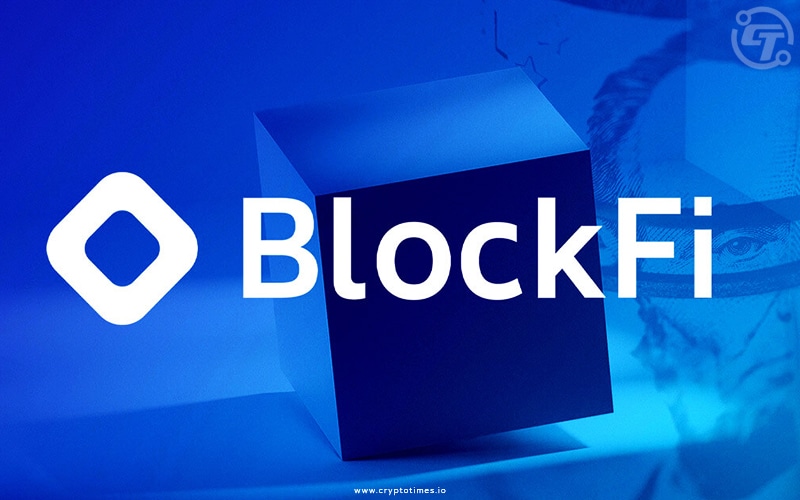BlockFi, a bankrupt crypto lender, has decided to liquidate its crypto lending platform due to insufficient value generated from a potential sale.
BlockFi had debts of over $1.3 billion that it owed to its top 50 creditors, and filed a Chapter 11 restructuring plan with the US Bankruptcy Court on May 12 for review and voting by its creditors.
A New Jersey-based company declared that it will liquidate its cryptocurrency lending platform after determining that a sale might not result in a sale that would be beneficial to its creditors. The business asserted that it had been in talks with prospective buyers since January but had been unable to secure a competitive offer because of recent regulatory concerns.
In earlier weeks, the company was authorized to refund $297 million to specific clients as part of its bankruptcy proceedings.
The bankrupt lender emphasized that the amount that creditors receive will primarily depend on the resolution of its ongoing lawsuit against Alameda Research, FTX, Three Arrows Capital, and crypto miner Core Scientific.
BlockFi has stated that if its pending lawsuit against Alameda Research, FTX, Three Arrows Capital, and Core Scientific is successful, it could make a difference of over $1 billion for its clients. It is noteworthy that all of these firms have also filed for bankruptcy. The outcome of the lawsuit is crucial for the creditors of the bankrupt crypto lender.
The company projected that it would recover about $1.6 billion from different accounts, but noted that actual recoveries could differ significantly from the projected numbers.
For BlockFi to make further financial gains, it will be essential that it prevails in its lawsuits against the defunct cryptocurrency businesses FTX and Alameda, both of which were founded by Sam Bankman-Fried. The outcome of the lawsuits against these businesses is important because the crypto lender has outstanding loans to Alameda Research totaling $671 million in cryptocurrency and another $355 million in stock on the FTX exchange.
BlockFi has been ordered by the court to return nearly $300 million to its custodial wallet users after the court ruled that the funds belonged to the clients and not the bankruptcy estate. The hearing of the company’s plan is scheduled to take place on June 20.







